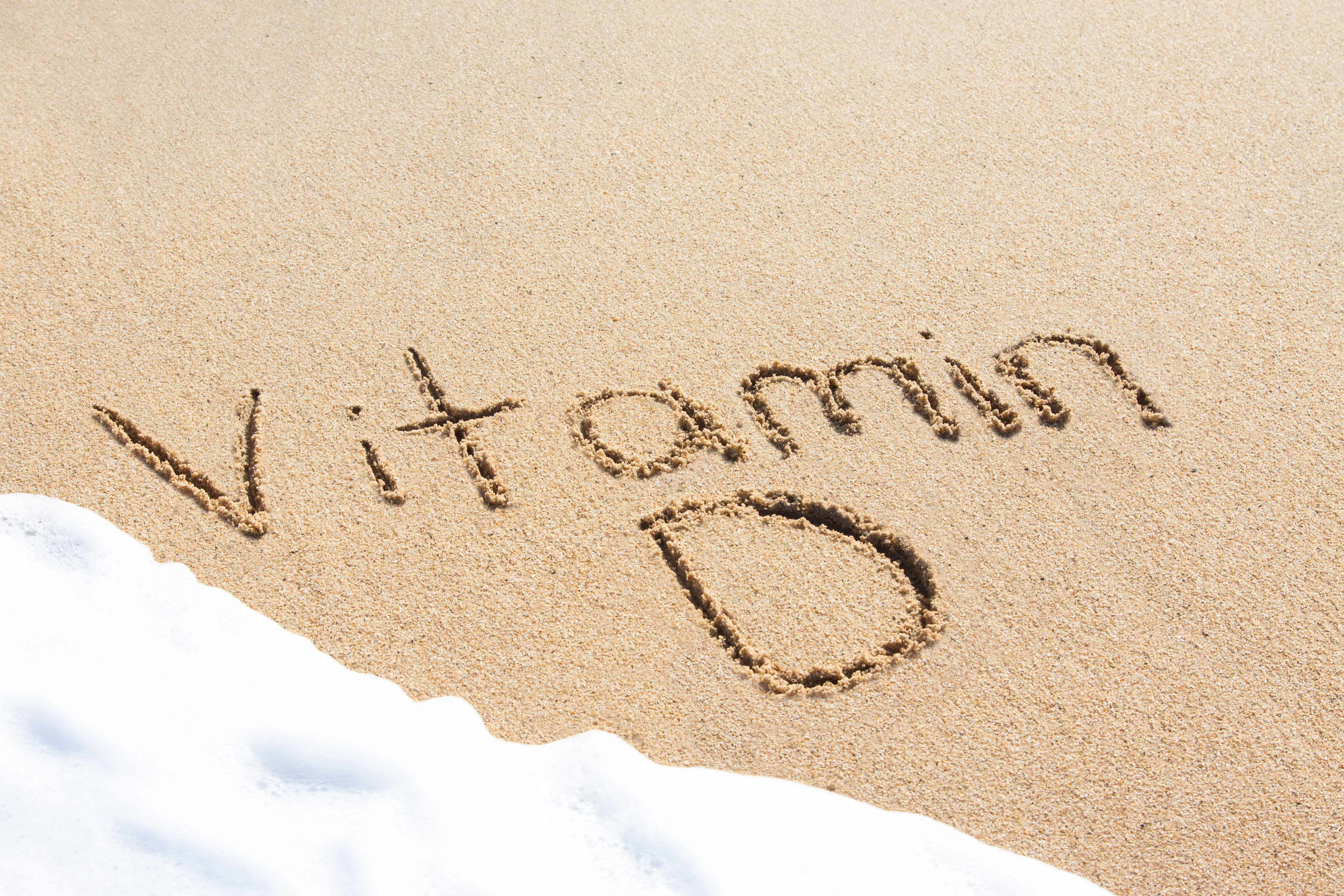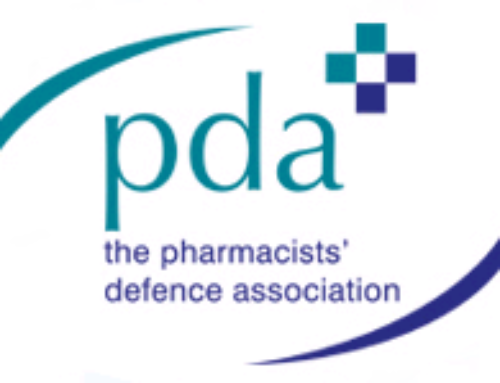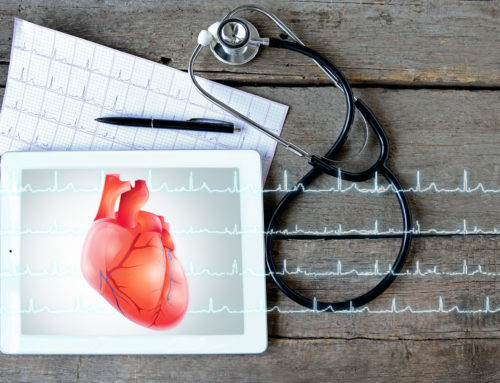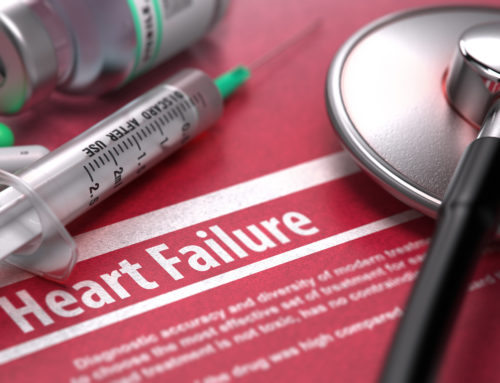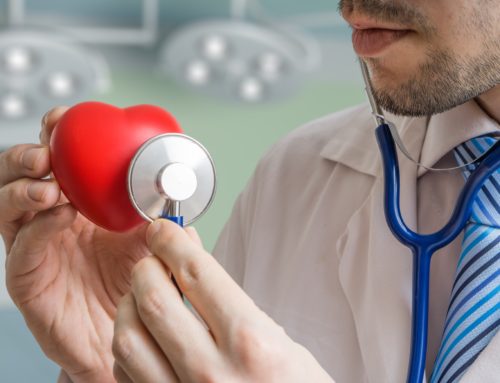New research links vitamin D with better live birth rates in women undergoing assisted reproduction treatment (ART).
Researchers from Tommy’s National Centre for Miscarriage Research at the University of Birmingham investigated the connection between vitamin D and the outcomes of assisted reproduction treatment, such as IVF and frozen embryo transfer.
The team analysed data from 11 studies that included 2,700 women who were undergoing ART. They found that live births were a third more likely to occur in women who had the right amount of vitamin D compared to women who did not.
The researchers also found that women who had sufficient vitamin D were 34 per cent more likely to have a positive pregnancy test and 46 per cent more likely to achieve a clinical pregnancy, compared to women who had low levels of vitamin D.
Lead researcher Dr Justin Chu has cautioned that the findings do not mean that vitamin D supplementation necessarily improves women’s chances of having a baby following ART, as the research can only show an association.
However, these promising findings do highlight the need for more investigation in this area. Researchers are calling for a clinical trial to further investigate the potential role of vitamin D in pregnancy.
Dr Chu said, ‘Although an association has been identified, the beneficial effect of correction of vitamin D deficiency or insufficiency needs to be tested by performing a clinical trial.
‘In the meantime, women who want to achieve a successful pregnancy should not rush off to their local pharmacy to buy vitamin D supplements until we know more about its effects.
‘It is possible to overdose on vitamin D and this can lead to too much calcium building up in the body, which can weaken bones and damage the heart and kidneys.’
The team has said that possible roles played by vitamin D in pregnancy may be that it affects the success of embryo implantation in the womb in some way, or that it indicates the general wellbeing of the women.
Dr Chu added, ‘Testing for vitamin D concentrations is relatively cheap and widely available and its treatment is not costly.
‘It could be that correcting vitamin D deficiency could benefit women undergoing assisted reproduction treatment, but further research is needed to test this.’


